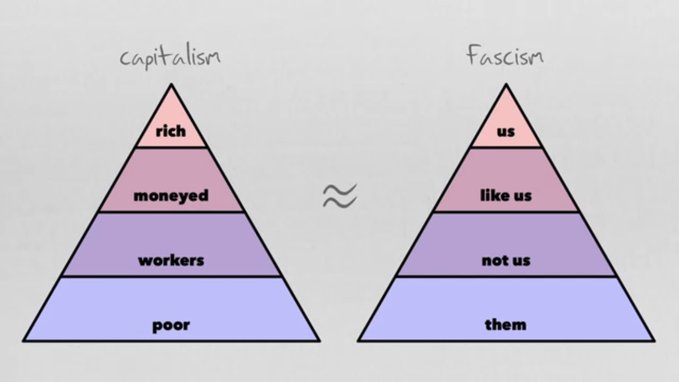
"The first debate of Edmonton’s mayoral election was a spirited affair, featuring a current of combativeness, a no-show candidate and plenty of ideas on how to invigorate the city’s beleaguered economy. "
& it was a secret.
#yeg #yegcc #yegvotes
edmontonjournal.com/opinion/column…
& it was a secret.
#yeg #yegcc #yegvotes
edmontonjournal.com/opinion/column…
The secret event was presented by @kv_capital, and sponsored by @lloydsadd + @NavacordInc, and moderated by @EdmontonChamber president, @JeffreySundquis.
How very business....
archive of the event page here:
web.archive.org/web/2021072608…
#yeg #yegcc
How very business....
archive of the event page here:
web.archive.org/web/2021072608…
#yeg #yegcc
"To their credit, the company did eventually provide Postmedia a link to a video recording of the debate...."
I wonder if the link to the video will be made available to the general public?
An article about the video is here:
edmontonjournal.com/news/local-new…
I wonder if the link to the video will be made available to the general public?
An article about the video is here:
edmontonjournal.com/news/local-new…
If you'd like to know what kind of relationship @EdmontonChamber has with the @CityofEdmontonm, just search for "Edmonton chamber of commerce" on here.
You'll find results like this:
You'll find results like this:
https://twitter.com/ProgressAlberta/status/1255696665559748609
You see, there are really two elections in a capitalist country.
There's the election where you, me, and everyone gets to vote.
#yegvote
There's the election where you, me, and everyone gets to vote.
#yegvote
But there is also the ever-important money-election.
In order to win the "ballot election," a candidate has to do really really well in the "money election."
It is in this way that capitalists--who have all the money--essentially get to pre-select who the candidates will be.
In order to win the "ballot election," a candidate has to do really really well in the "money election."
It is in this way that capitalists--who have all the money--essentially get to pre-select who the candidates will be.
This concept of there being two elections is explained very well in this 2013 @TEDTalks by @LarryLessig, which I encourage you to watch if you have time.
#cdnpoli
ted.com/talks/lawrence…👀
📺
#cdnpoli
ted.com/talks/lawrence…👀
📺
It's important to understand that large business interests can essentially control all levels of government simultaneously.
I wrote a thread here about how Billionaire & @EdmontonOilers owner Daryl Katz essentially dictates policy in #Edmonton.
🧵
👇
I wrote a thread here about how Billionaire & @EdmontonOilers owner Daryl Katz essentially dictates policy in #Edmonton.
🧵
👇
https://twitter.com/youseepeeYYC/status/1361858826102730752
Then there's the case of how the #UCP invited Dark Money into #Alberta's municipal elections.
This @sprawlalberta article by @TS_Lambert is essential reading.
#yeg #yegvote #yegcc #abpoli
sprawlalberta.com/municipal-fina…
This @sprawlalberta article by @TS_Lambert is essential reading.
#yeg #yegvote #yegcc #abpoli
sprawlalberta.com/municipal-fina…
When elected officials hold private events to fundraise with the rich, they aren't looking out for you.
If a government works not for citizens, but instead for corporations, that's called corporate fascism.
It's anti-democratic. It's anti-labour. It's anti-worker.
Remember: you weren't invited to this event. It was for the Rich.
#yeg #abpoli #yegvote #taxtherich
It's anti-democratic. It's anti-labour. It's anti-worker.
Remember: you weren't invited to this event. It was for the Rich.
#yeg #abpoli #yegvote #taxtherich

• • •
Missing some Tweet in this thread? You can try to
force a refresh









